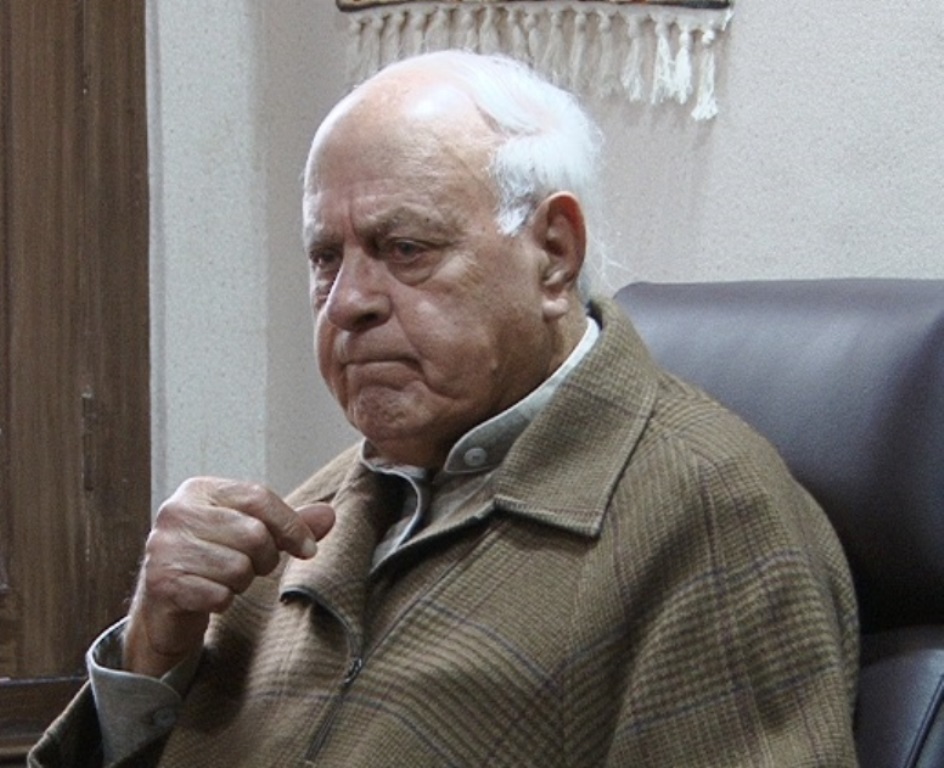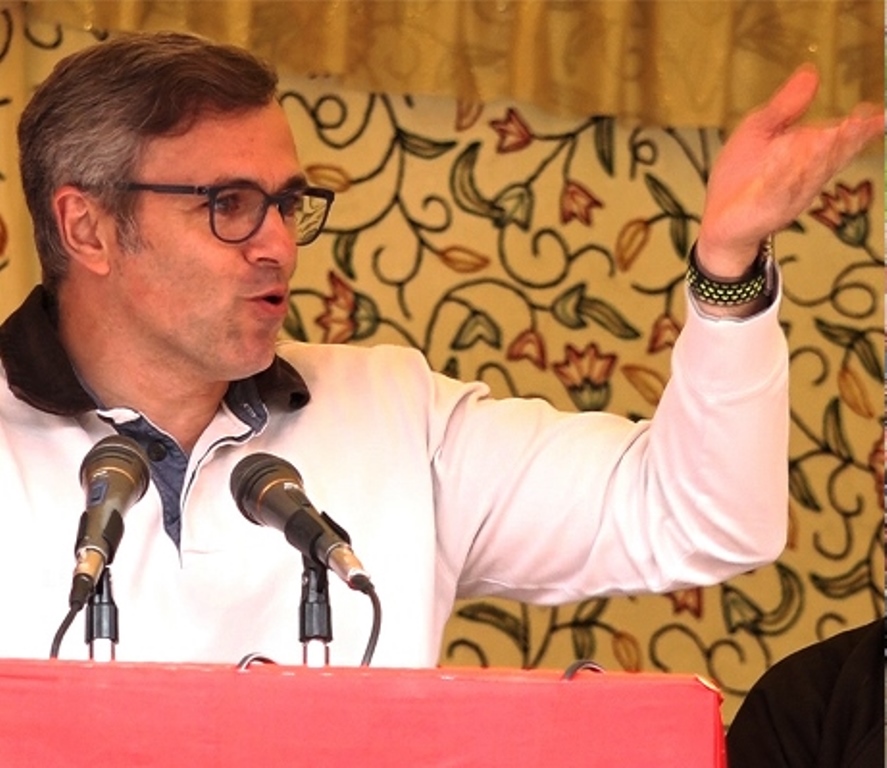SRINAGAR: In a rare display of support for citizens’ freedom of expression, the Supreme Court overturned a criminal case against Professor Javed Ahmad Hajam, who described the day of Article 370’s operationalisation as a “black day” for Jammu and Kashmir.
The professor, originally from Baramulla in the Kashmir and working in Maharashtra, faced backlash for his WhatsApp status messages expressing discontent.
A Bench comprising Justices Abhay S. Oka and Ujjal Bhuyan observed that calling August 5 a black day for J&K was an expression of the petitioner’s individual view.
“It does not reflect any intention to do something which is prohibited under Section 153A. At best, it is a protest, which is a part of his freedom of speech and expression guaranteed by Article 19(1)(a),” the Bench added.
Despite facing a First Information Report (FIR) under Section 153A of the Indian Penal Code (IPC), the Court upheld his right to protest, citing Article 19(1)(a) of the Constitution.
The justices stressed that criticising government actions is fundamental to democracy and does not necessarily incite disharmony.
The Court criticised the Bombay High Court’s refusal to quash the FIR, arguing that it overestimated the potential for stirring emotions among citizens. Instead, the Court emphasised the importance of democratic values prevailing over fear of dissent.
It defended Hajam’s right to extend goodwill to Pakistan on its Independence Day, asserting that such gestures promote international harmony and do not necessarily incite hatred or ill will.
“If a citizen of India extends good wishes to the citizens of Pakistan on 14th August, which is their independence day, there is nothing wrong with it. It is a gesture of goodwill.
“In such a case, it cannot be said that such acts will tend to create disharmony or feelings of enmity, hatred or ill will between different religious groups. Motives cannot be attributed to the appellant only because he belongs to a particular religion,” the Bench ruled.
Furthermore, the Court called for increased education within the police force on the concept of freedom of speech and expression as guaranteed by the Constitution. It emphasized the need for police officers to understand and respect democratic values and the extent of reasonable restraint on individuals’ freedom of expression.















